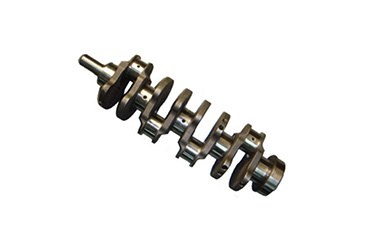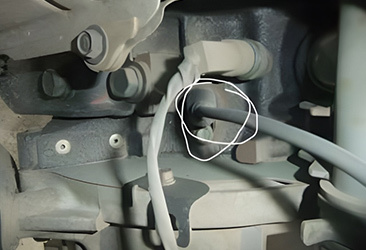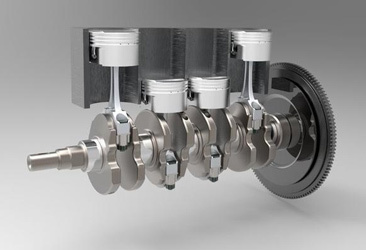How does the car engine crankshaft dissipate heat when it frequently rubs?
Release time:
2023-03-16
There are many internal parts of the engine, and many of these parts cannot directly contact the engine's cooling system, so the heat dissipation issue of the internal parts relies on oil.
The internal parts of the engine are numerous, and many of them cannot directly contact the engine's cooling system. Therefore, the heat dissipation of the internal parts relies on engine oil. In addition to lubrication, engine oil also has multiple functions such as heat dissipation, cleaning, sealing, shock absorption, and rust prevention, with heat dissipation being one of the most important. During operation, friction between internal parts generates a large amount of heat, which is carried away by circulating engine oil. The oil transfers heat to the engine's cooling system through the oil cooler, thus completing the function of dissipating heat from the internal parts of the engine.
Car friend one: "The lower part of the crankshaft connecting rod is where the oil sump stores engine oil. It lubricates related friction components through oil passages and splash lubrication. This brings us back to the characteristics of engine oil to answer this question. Engine oil serves to lubricate, clean, and cool. The interior of the engine cannot be completely cooled by coolant in small water passages; at this time, engine oil plays a certain cooling role. It also cleans impurities worn at the crankshaft connecting rod and carries them to the oil filter."
Car friend two: "There are two friction points for the crankshaft: one is between the crankshaft and the main bearing mounted on the frame; another is between the crankshaft and connecting rod bearing. They are all supplied with lubricating oil for cooling by an oil pump. The lubricating oil first reaches the main bearing seat and then flows through internal passages in the crankshaft to reach the connecting rod bearing. The lubricating oil itself is cooled by an oil cooler."
Latest News









